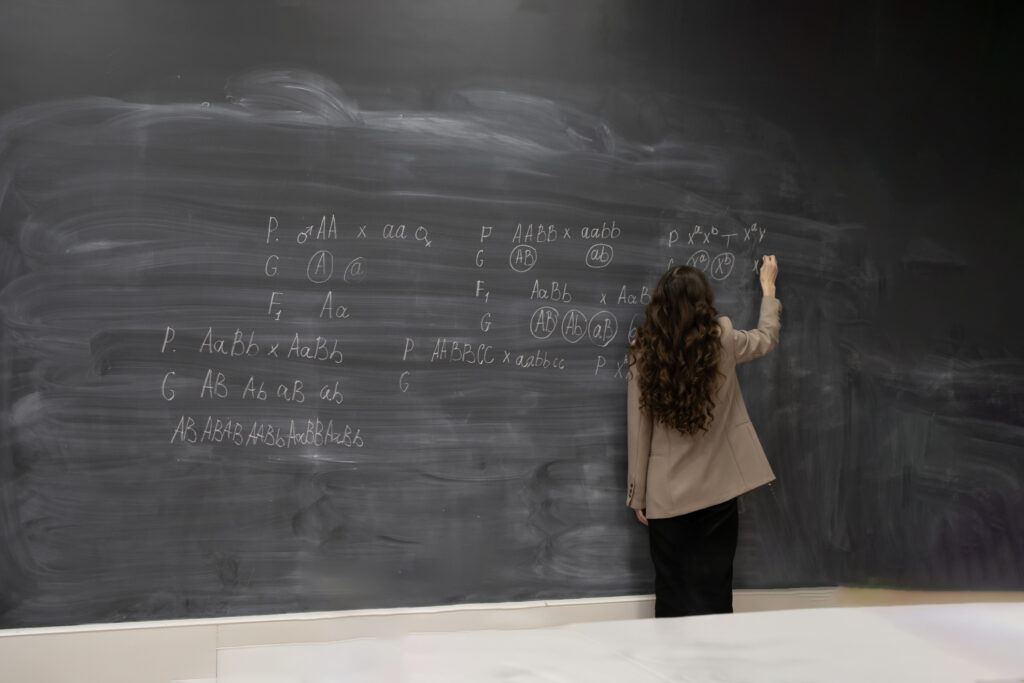While a $39 million education tax credit proposal failed to pass the South Carolina Senate this May, senators amended the state budget to grant tax deductions for private school teachers and learning-disabled students.
The amendment allows individuals to deduct up to $10,000 in donations to private school scholarships for special-needs students, and allows private school teachers to deduct up to $275 for school supplies, both on state tax bills. The credit total is capped at $5 million, and because it passed as an amendment to the 2013-14 budget, the credit is only valid for one year.
State Sen. Kevin Bryant (R-Colombia), who sponsored the amendment, called it “a very small step.” But “it is a positive step to assist families with exceptional-needs children in that it gives them a choice of where they obtain their child’s education,” he said.
School choice proposals have failed to pass in South Carolina although introduced every year for more than a decade. This year was the first time one reached the Senate floor for debate.
Larger Proposal Fails
Nine Republicans in the Republican-dominated Senate voted to table the $39 million proposal, sponsored by Sen. Larry Grooms (R-Berkeley), which failed 23-18.
School choice “is not a partisan issue,” said Jay Ragley, spokesman for state Superintendent Mickey Zais. “Right now, school choice in the state Senate is not a reality because a majority of the senators are supported by the education establishment.”
Grooms’ proposal would have allowed tax deductions of:
- Up to $4,000 for parents who pay private K-12 tuition,
- Up to $2,000 for homeschooling expenses, and
- Up to $1,000 for children attending public school in another district.
It also would have given state tax deductions to companies and individuals who donate to private school scholarship-granting organizations. The deductions would be capped at $25 million.
Under a tax credit proposal, the government would not be funding private schools, but simply allowing taxpayers to keep more of their own money, Grooms said. Thus, the state could not regulate what home or private schools teach, he emphasized.
“If I want my son to be at a school that teaches the Twenty-Third Psalm, that teaches John 3:16, I don’t want the government coming in and saying ‘You can’t do that,'” Grooms said during the floor debate.
Critics of the proposal noted it would reduce state revenues by $39 million. While turning it down, the state Senate committed an additional $26 million to a version of Obama’s plan to expand full-day 4-year-old kindergarten to school districts where more than 75 percent of students live below the federal poverty line.
Ragley said $39 million was the maximum limit. “We don’t know the total fiscal impact because we don’t know how many people will participate,” he said. “The General Assembly passes tax credits for a number of purposes every year. Why should an education tax credit be different than an economic development tax credit?”
Image by Susy Morris.




